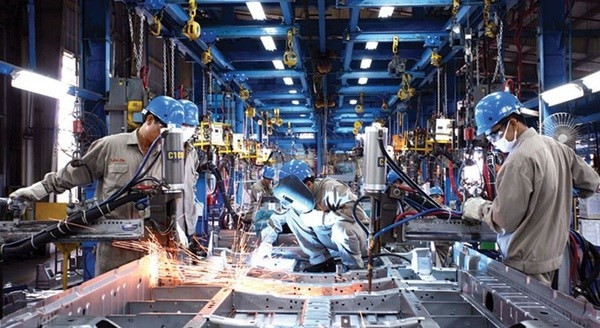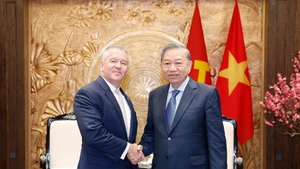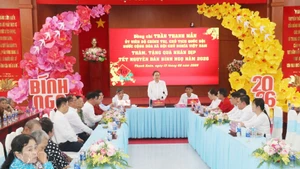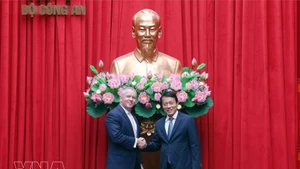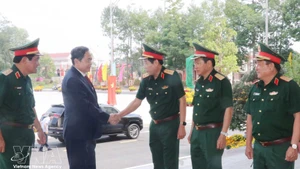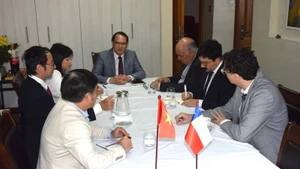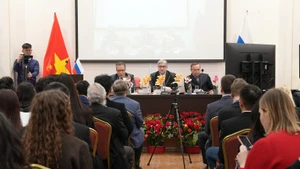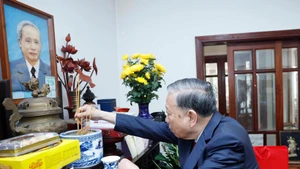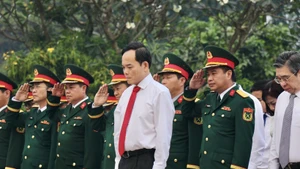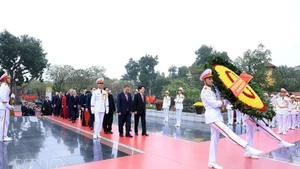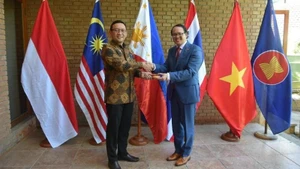Leipziger, who is also the WB Vice President, pointed to three major difficulties Vietnam is facing when developing the National Master Planning - the harmonisation and integration of planning and relevant legal documents, the ensuring of financial supply for the work, and planning implementation.
He held that basically, the goals of Vietnam’s national master planning are suitable to the country’s growth targets until 2045.
However, in order to achieve the goals, there is still much for Vietnam to do, he said, affirming that in this process, the WB is ready to work with the NA of Vietnam and relevant ministries, sectors and agencies to give recommendations to solve bottlenecks in the process of planning design and implementation.
In the consideration and approval of the planning, the NA of Vietnam should pay attention to the integration of indicators to measure the progress of planning implementation, collect information on planning implementation, and empower the overall supervisory agencies to handle arising problems, he advised.
Agreeing with the WB representative, Hai held that the building of the national master planning is a tough and complicated task due to its large scale. Therefore, the NA of Vietnam hopes that in the coming time, the two sides will continue to strengthen cooperation and specify WB’s support to Vietnam in the process of developing and completing the planning.
At the working session, the two sides agreed on WB’s assistance in organising the socio-economic forum in 2022. NA Vice Chairman Hai expressed his hope that a WB representative will attend the event, with an official WB report on Vietnam’s economic recovery prospect, which points out challenges and impacts of the global economy on Vietnam and recommendations for Vietnam, to be delivered at the forum.
